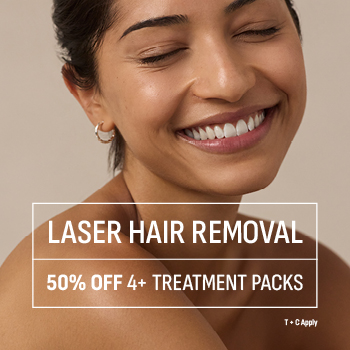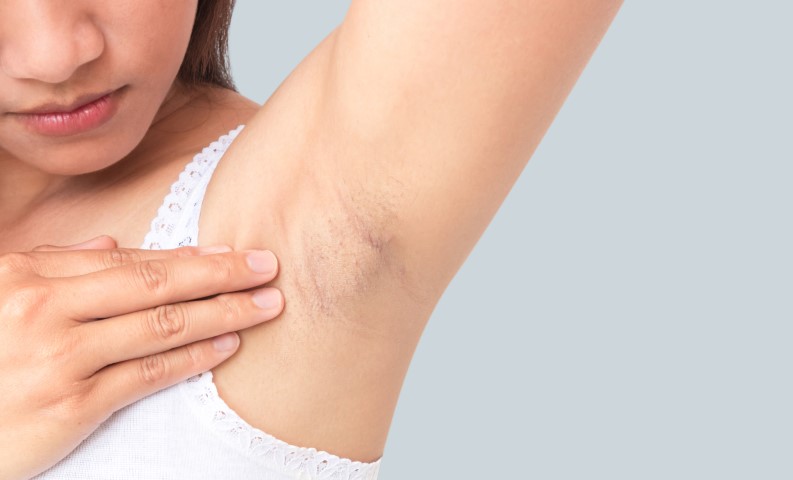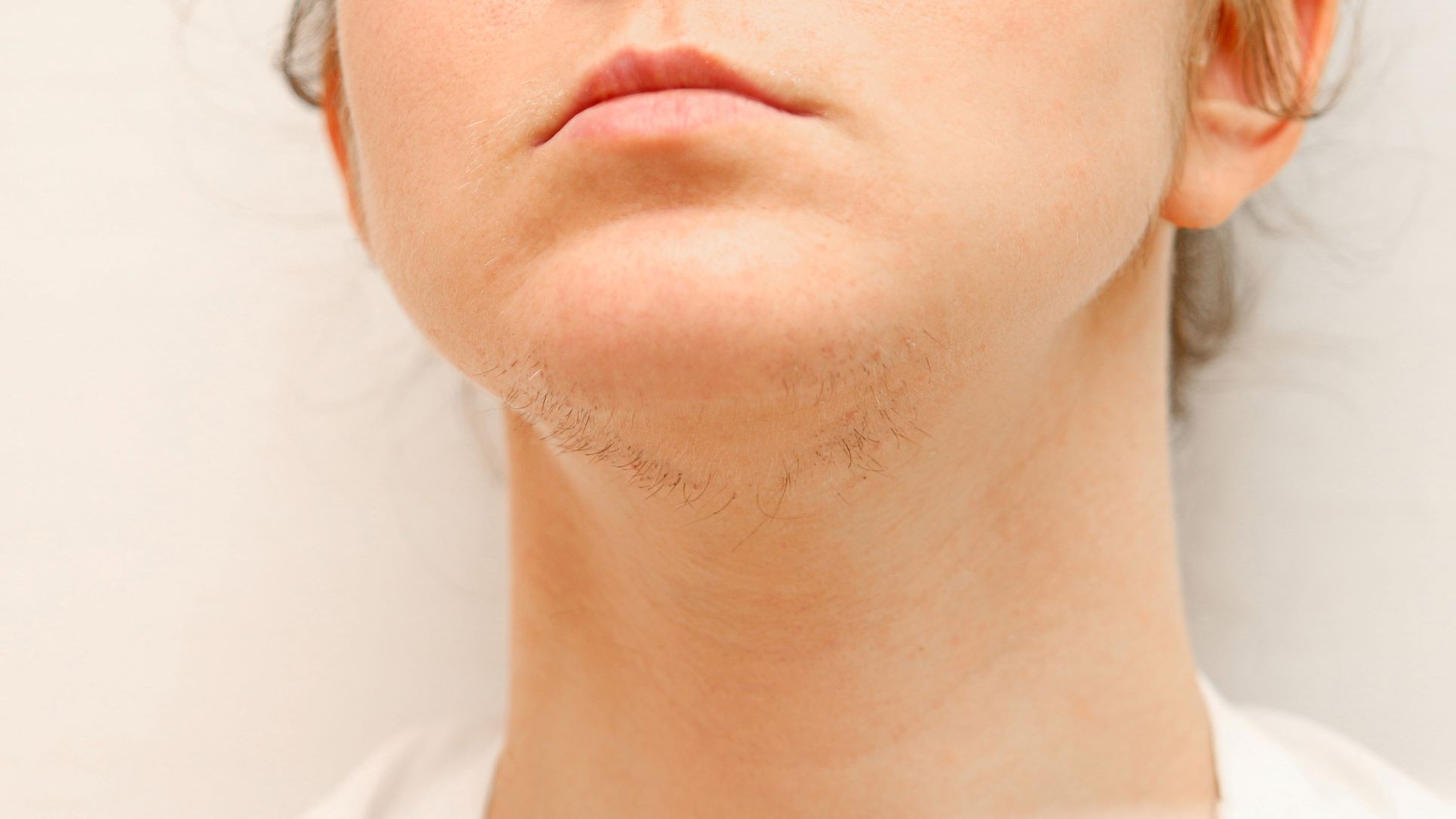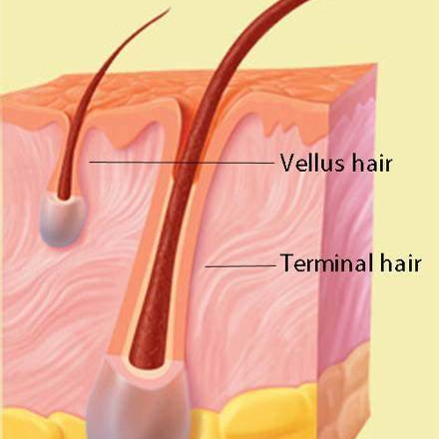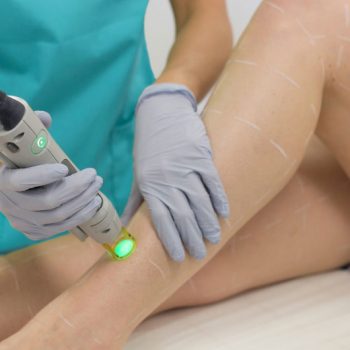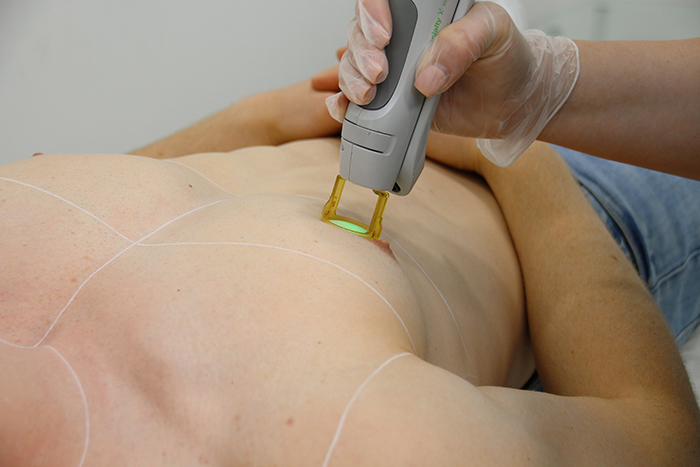Common Concern: Unwanted or Excessive Hair
Concern: Unwanted or Excessive Hair
Unwanted or excessive hair on the face and body is a common concern. For many people, removing hair from the legs, underarms, back, chest, face and bikini area has become an everyday occurrence. If you’re tired of the traditional methods of waxing, shaving or epilating (and their side effects: hello ingrown hairs!) and want a more effective, affordable solution then laser hair removal may be the answer.
What causes unwanted or excessive hair growth?
There are many causes of unwanted or excessive hair growth, including:
- hormonal imbalances
- high androgen levels (androgens are male sex hormones)
- genetics
Hair Types
Vellus Hair
Vellus hair is fine, wispy and generally unpigmented hair that covers most of the body. They’re usually tiny and don’t sit very deep within the skin. Vellus hairs are commonly found on the face This type of hair is not suitable for laser hair removal. However, we can remove vellus hairs on the face and hands with our Dermaplaning treatment.
Terminal Hair
Terminal hair is thick, long and pigmented hair generally found on the scalp, eyebrows, lashes, armpits, arms, legs, chest and pubic areas. When speaking about unwanted or excessive hair growth, many are referring to terminal hairs. Terminal hairs may be treated with laser hair removal, depending on your hair colour.
The 3 Stages of Hair Growth
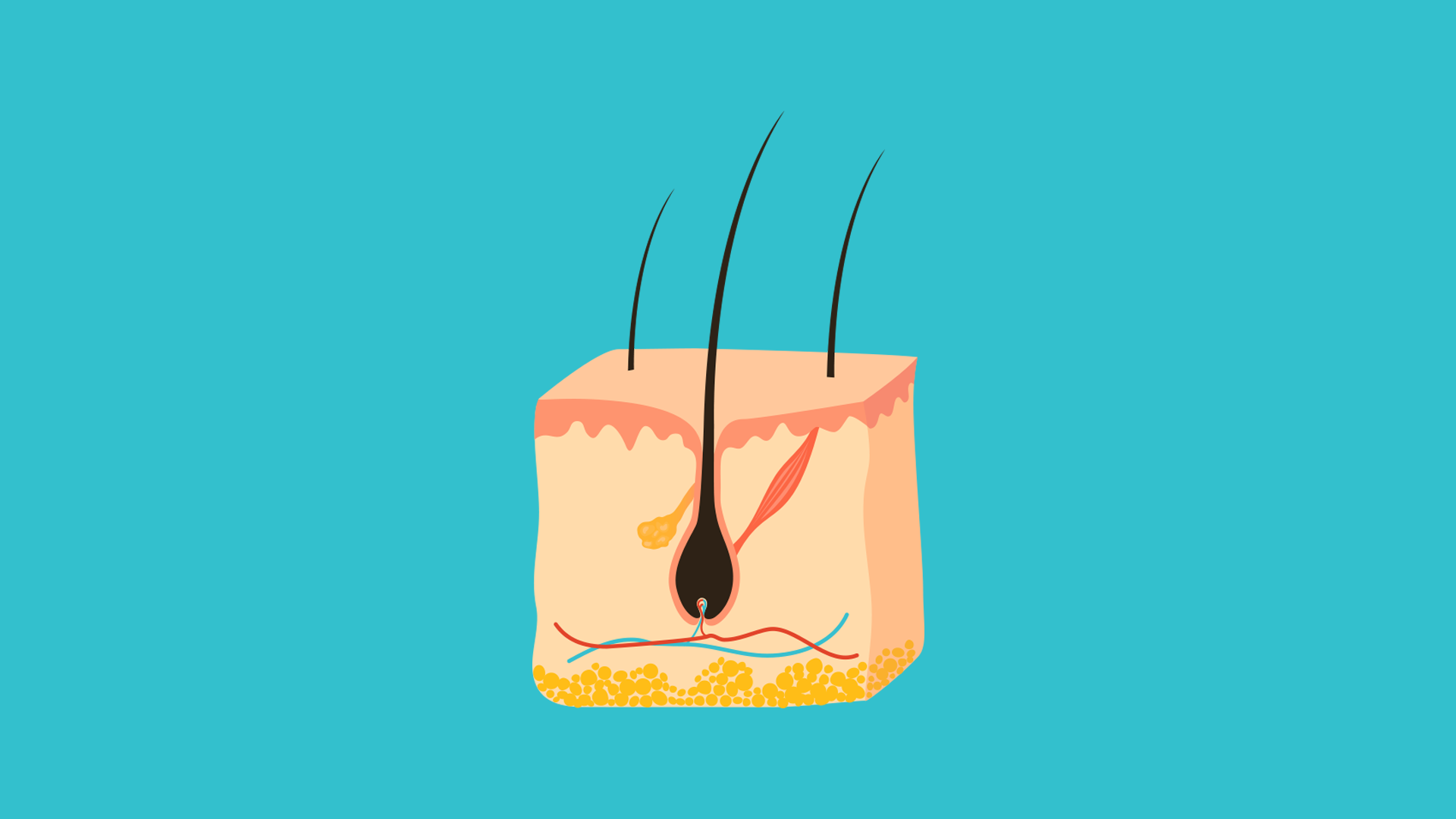
Active Growth (Anagen) Phase
At this time, the hair is growing and the hair follicles are the most receptive to the laser light because they are rich in protein (keratin) and melanin. The Anagen phase for a hair follicle is genetically determined and can vary from person to person. Approximately 65-85% of hair follicles on our body are in the Anagen phase at any one time.
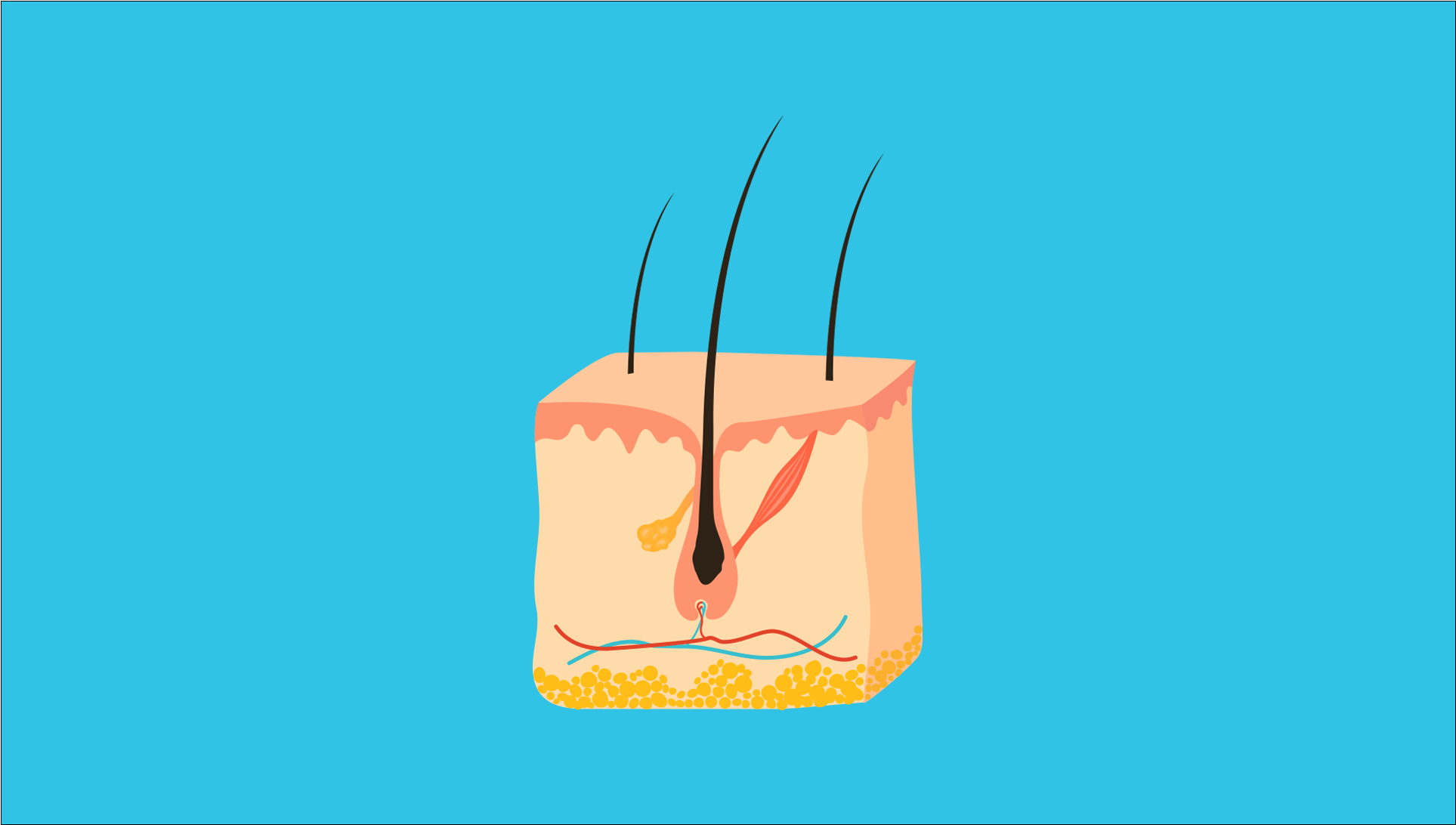
Transition (Catagen) Phase
Following the active growth phase, our hair follicles enter the Catagen phase where the hair stops growing. This transition phase lasts only 2-3 weeks and about 5% of our hair is in this phase at any given time.
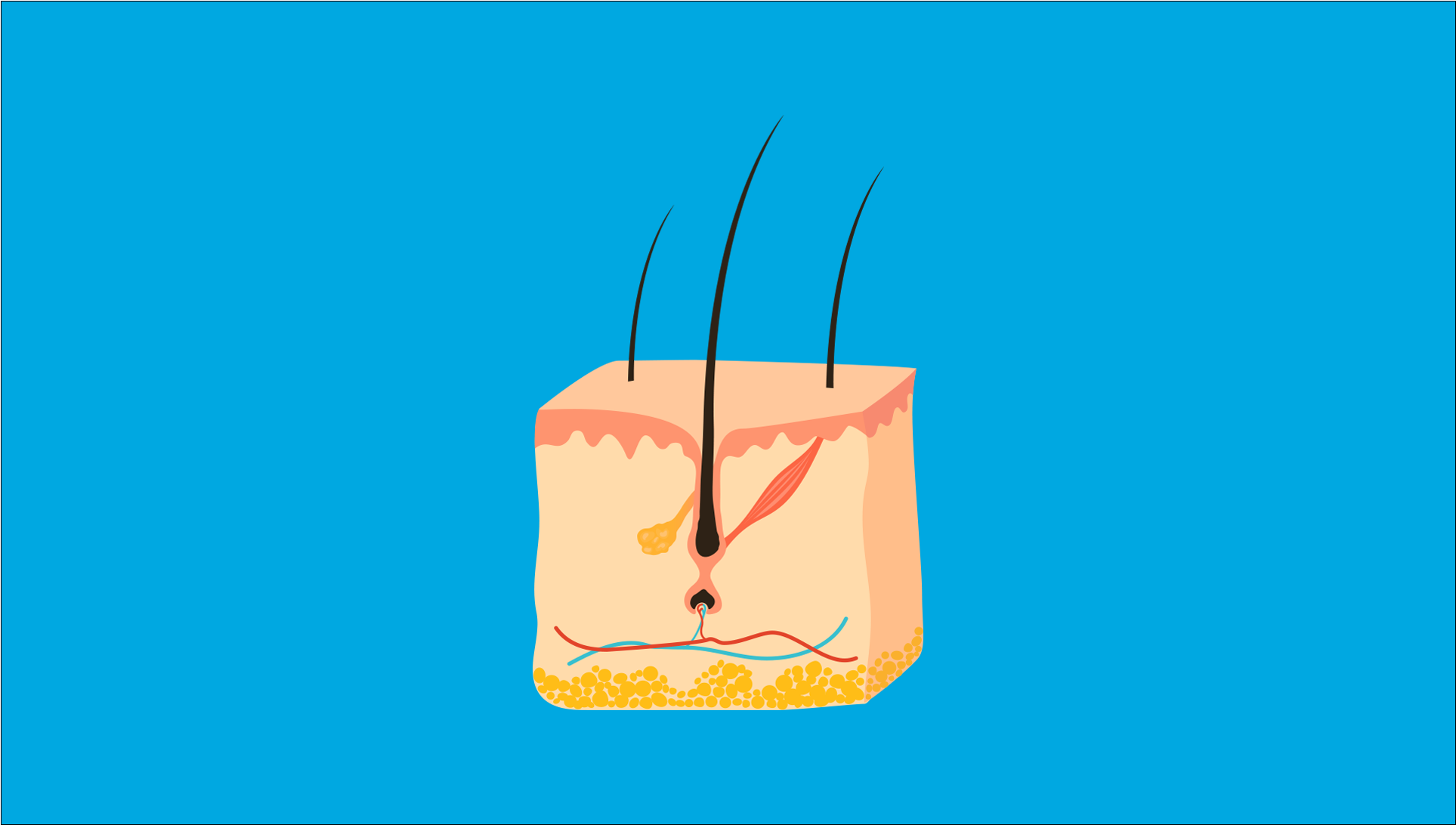
Resting (Telogen) Phase
The final stage of the hair growth cycle is the Telogen phase. During this phase, the hair begins to shed and the follicle is prompted to start a new cycle. About 10% of our hair follicles are in the telogen phase at any given time.
How laser hair removal works
Laser hair removal uses a concentrated beam of light to target hair follicles. The pigment in your hair follicle absorbs the light and heat, damaging the follicle enough to discourage further hair growth and causing the hair to fall out.
In darker skin types, the laser energy targets the hair follicle’s blood supply. With each treatment, the follicle is further impaired and will become unable to grow more hair.
Laser hair removal can only treat your hair during the growth (anagen) phase, which is why a series of treatments is required to see the best results.
Popular laser hair removal treatment areas
Get rid of your unwanted hair with laser hair removal at Australian Skin Clinics. Some of the most popular laser hair removal areas we treat are:
- Full legs, Brazilian & Underarms
- Full or half legs
- Arms
- Face
- Back and Chest
Preparing for your treatment
If you’re booked in for a laser hair removal treatment, please ensure you follow the pre treatment guidelines to avoid being turned away on the day.
You must avoid waxing, depilatory creams and sunburn to the treatment area for 2 weeks prior. Cease use of cosmeceutical retinol 3 days prior. For laser hair removal on the body, shave the treatment area within 24 hours prior to your appointment, for face do not shave. You cannot have fake tan in the treatment area on the day of treatment.

